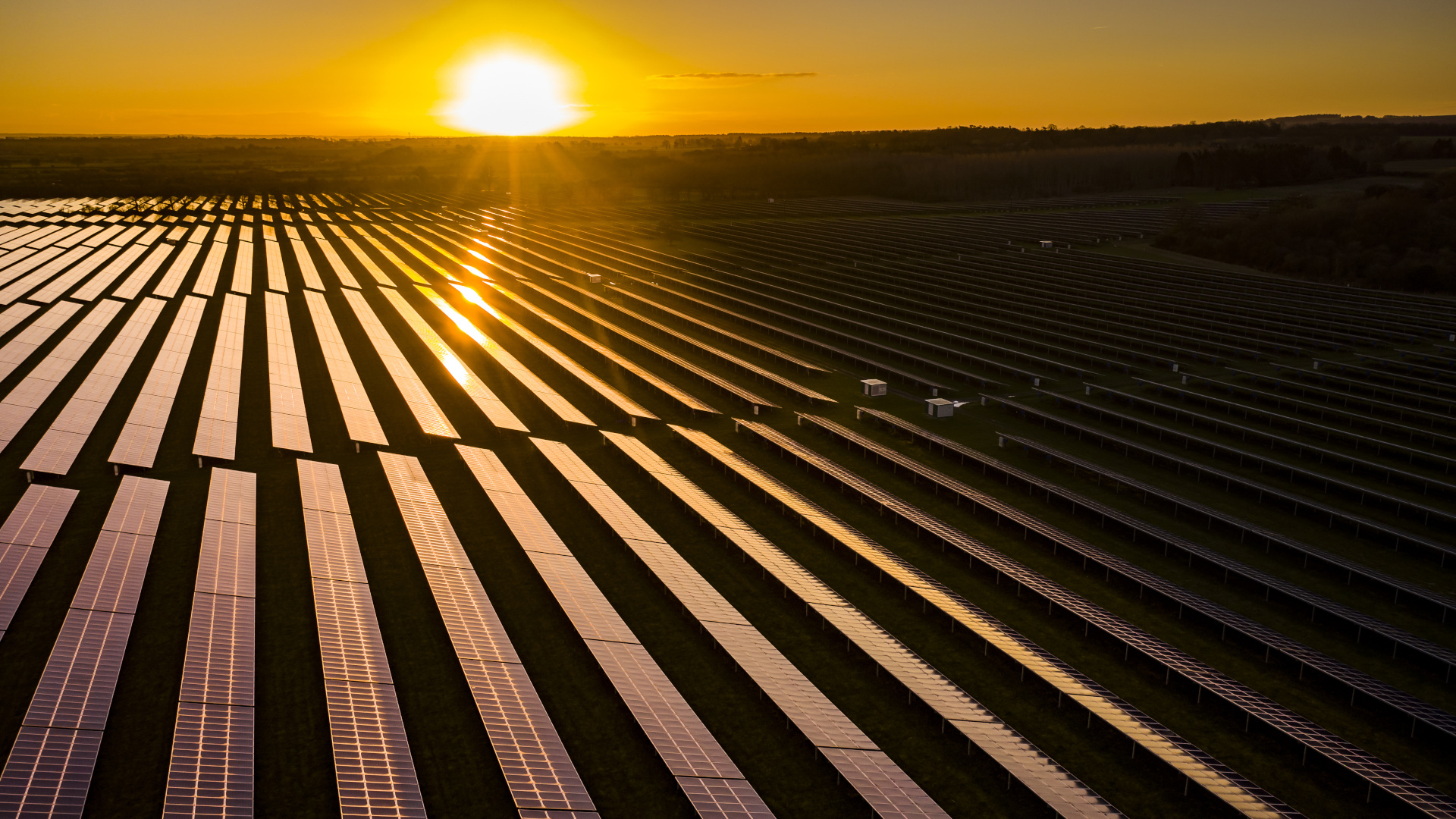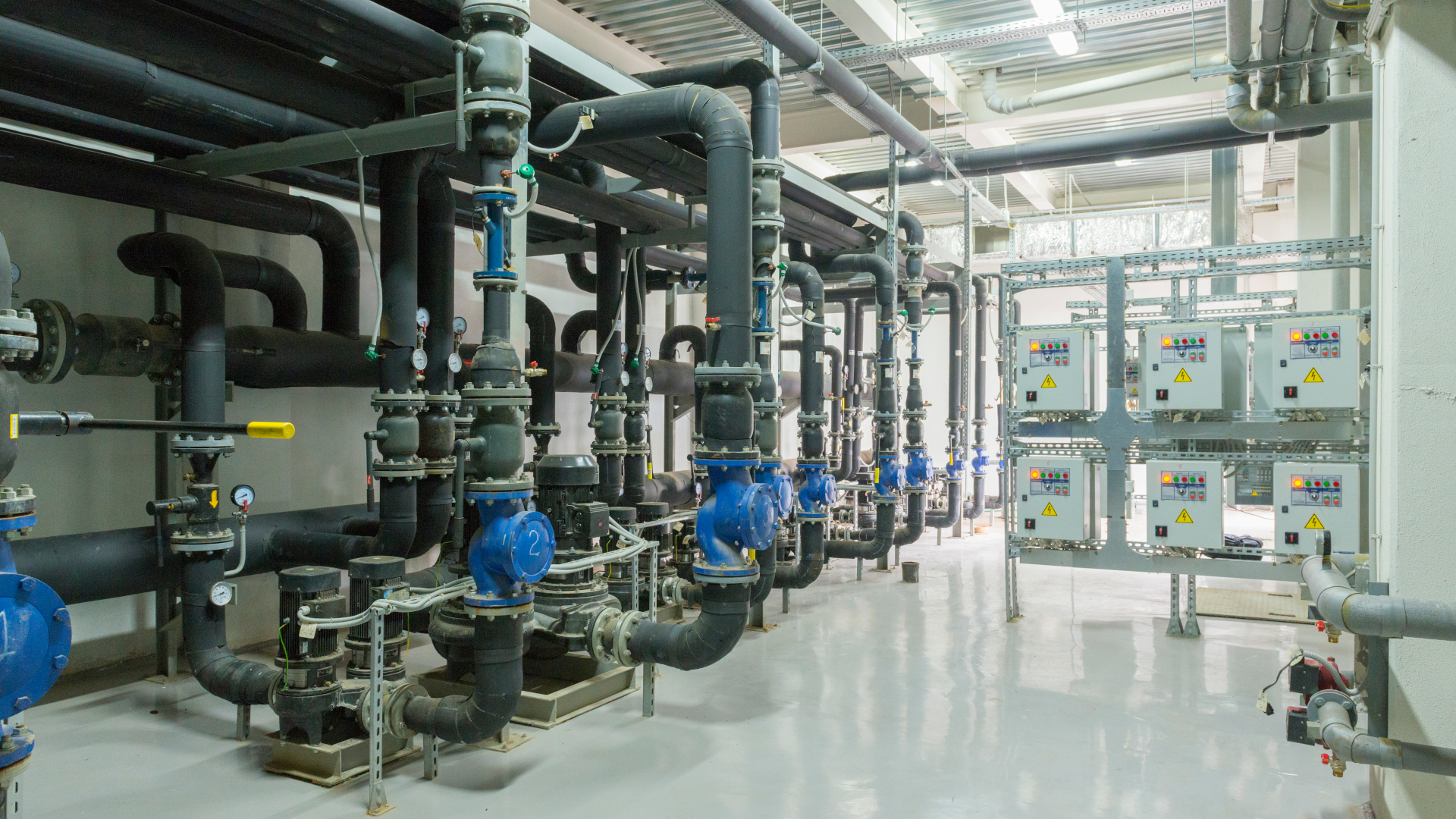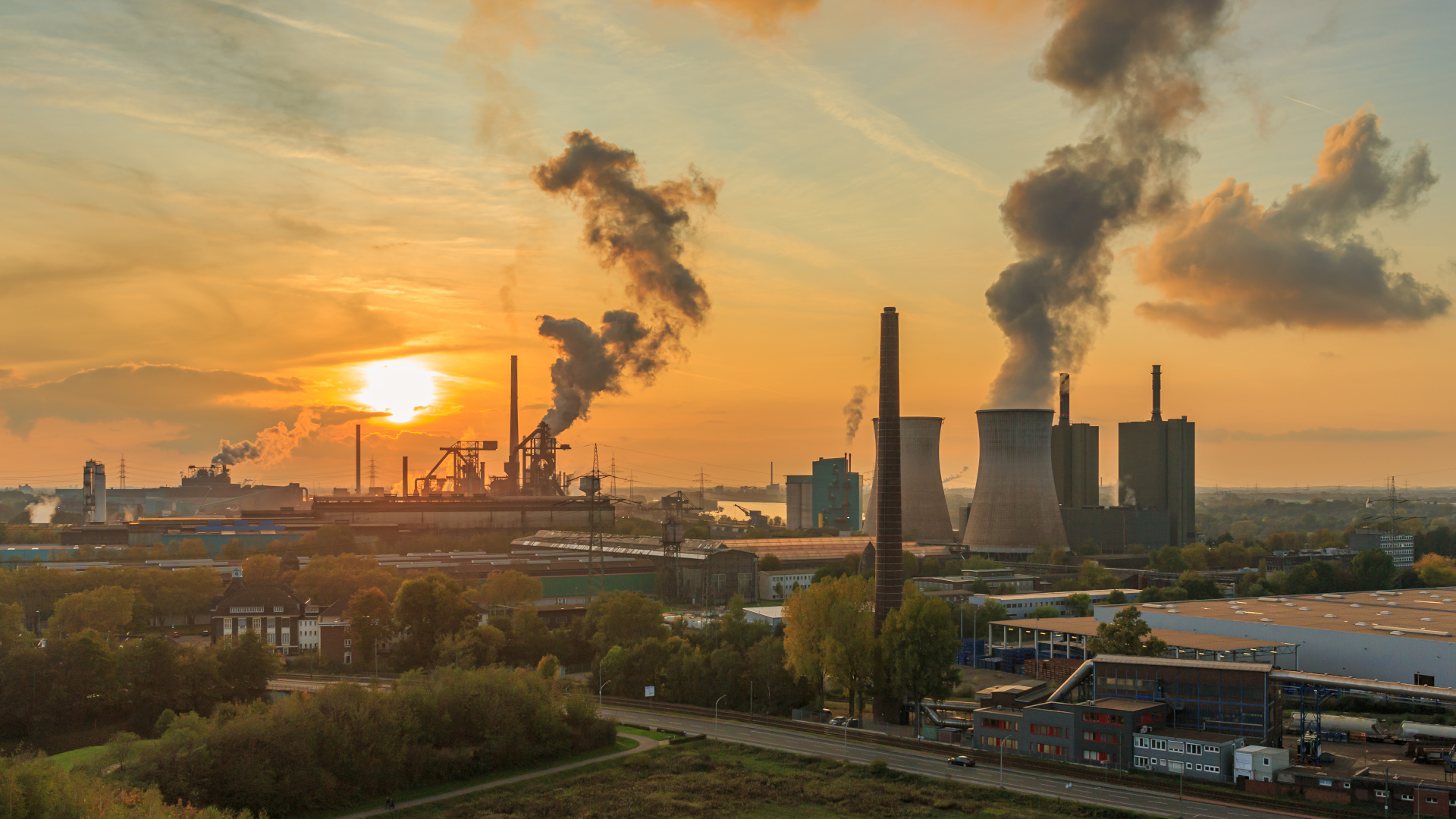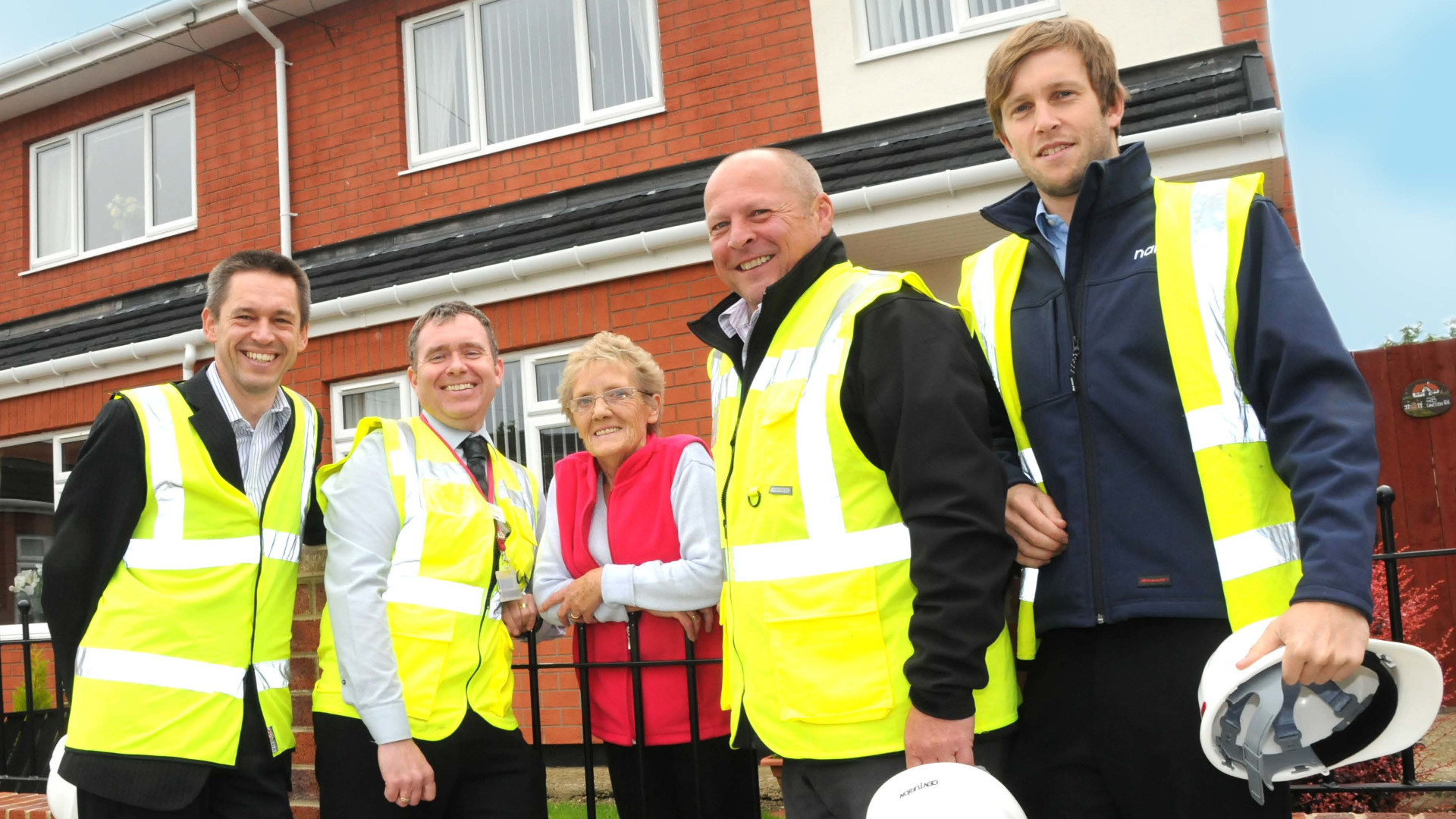North East England has the highest levels of fuel poverty in the UK. As a result, The National Renewable Energy Centre (Narec) formed a project consortium with South Tyneside Homes and Homes for Northumberland to undertake thermal energy efficiency improvements in over 300 socially rented hard-to-treat (off-gas or non traditional construction) properties. The consortium received £1.9m investment from the European Regional Development Fund (ERDF). As part of this, Narec engaged the services of Decerna.
As Project Manager, Decerna was responsible for delivering the following:
- Product testing and monitoring;
- Dissemination of project outcomes;
- SME engagement;
- Delivery of capacity building and skills activity with SMEs.
Outline and Objectives
Low carbon, renewable and innovative systems were be retrofitted into selected properties and the impacts of the interventions monitored and analysed, covering both technological and social impacts.
Project Objectives
The housing energy improvement scheme delivered housing improvements to address fuel poverty, reduce carbon emissions and provide important research in the area of new technologies on hard to treat properties.
The project benefited over 80 SMEs by helping them expand or diversify their business to take advantage of the new opportunities in the area of low carbon and renewable energy.
Specific objectives were;
- To assess, test and monitor the installation, performance and utilisation of low carbon, innovative energy products in socially rented properties;
- To improve the flow of knowledge between low carbon projects in the region and industry;
- To build capacity in the region’s microgeneration SME base (and those with the potential to diversify into the sector);
- To remediate fuel poverty in socially rented properties.
| Partner | Properties | Technologies |
| South Tyneside Homes | 3 high-rise blocks of flats in Jarrow, Tyne & Wear 136 Tarran Newland Houses in Marsden, South Shields | Combined heat & power Photovoltaics Solid wall insulation Lighting High efficiency boilers |
| Homes for Northumberland | 54 houses in Blyth, Northumberland | Smart meters Solid wall insulation Lighting Secondary heat exchange |
Outcomes
The use and testing of the technologies will enabled the following:
- Improvements in the technologies;
- Improvement to the quality of life for the residents;
- Greater knowledge within the sector of how best to apply low carbon products in socially rented environments;
- Reductions in carbon emissions and fuel poverty.
SME Support
In parallel with the retrofit improvement scheme, this project delivered a programme of SME support for those active or with the potential to diversify into the renewables and low carbon technology market. Support for SMEs included both business wide and individual skills development and knowledge transfer assistance wrapped within a tailor-made programme of support to meet the needs of the SME.
Bespoke programme of SME support covered:
- Understanding of new technologies and their application;
- Skills development (installer training and market insight courses);
- Business development and diversification support;
- Knowledge transfer (information seminars and specialist surgeries).
Further infomation
The project report can be downloaded from here.







